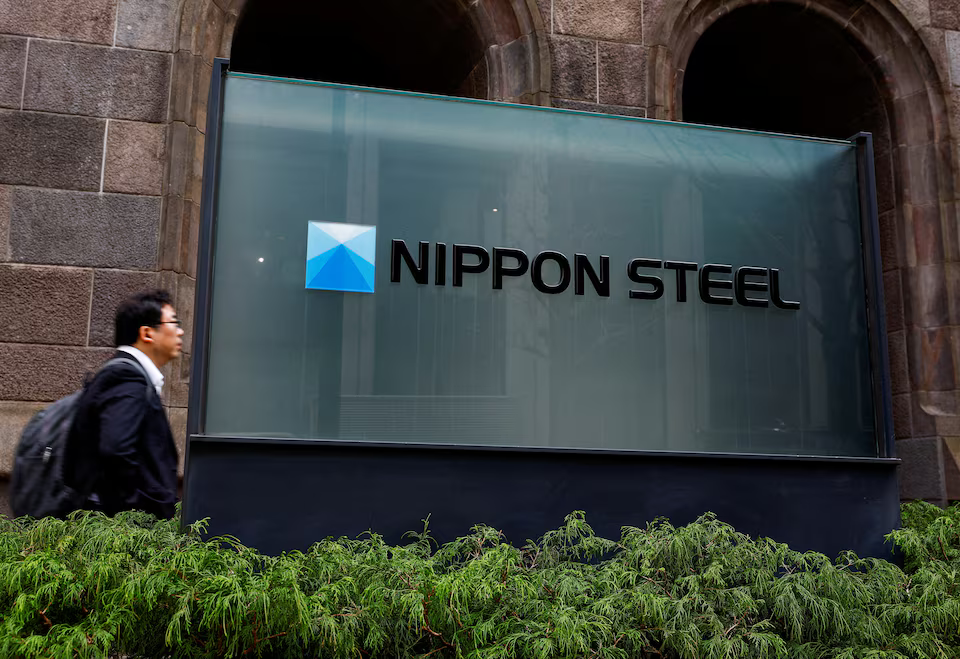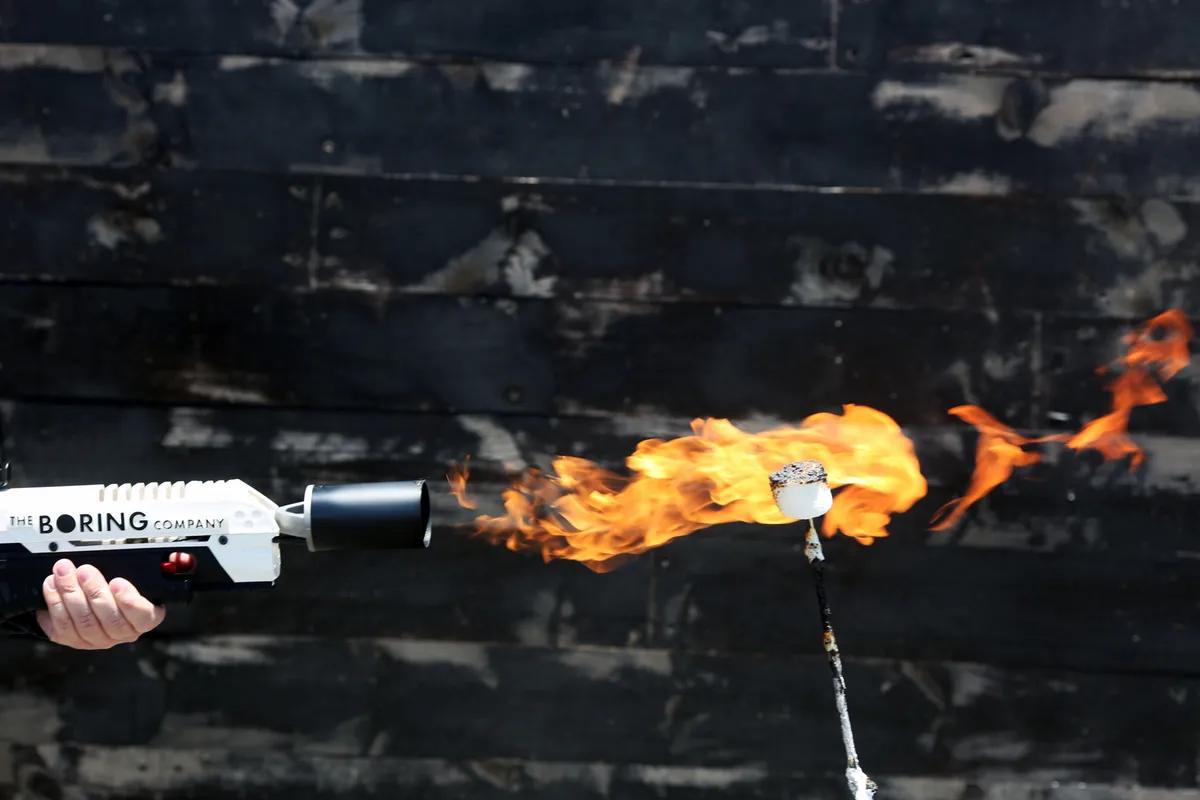Japan’s ambitious space program suffered another setback Tuesday with the failure of a second ground test for its lightweight Epsilon S rocket, Bloomberg reports.
A malfunction in the rocket’s second-stage engine, occurring just 49 seconds into the test at the Tanegashima Space Center, resulted in a significant fire.
Live footage from Japan’s national broadcaster showed plumes of smoke billowing from the launch site. While JAXA (Japan Aerospace Exploration Agency) reported no injuries, the cause of the fire remains under investigation.
The incident has sent shockwaves through the Japanese stock market, with shares of IHI Corp., a key partner in the Epsilon S’s development, plummeting as much as 7% in early trading.
This latest failure casts a long shadow over the Epsilon S’s planned debut launch, scheduled for March 2025. The rocket already suffered a similar malfunction during a previous ground test last year, raising serious concerns about potential further delays.
JAXA has been striving to increase the launch frequency of its rockets, aiming to compete on the global stage. Alongside the Epsilon S, the agency has also developed the H3, a heavy-payload rocket which successfully completed its maiden voyage in February. However, Japan’s space program continues to lag behind industry giants like SpaceX, which boasts an annual launch rate exceeding 100 rockets, many of which are reusable.
The Epsilon S’s repeated failures highlight the challenges Japan faces in bolstering its space capabilities.








